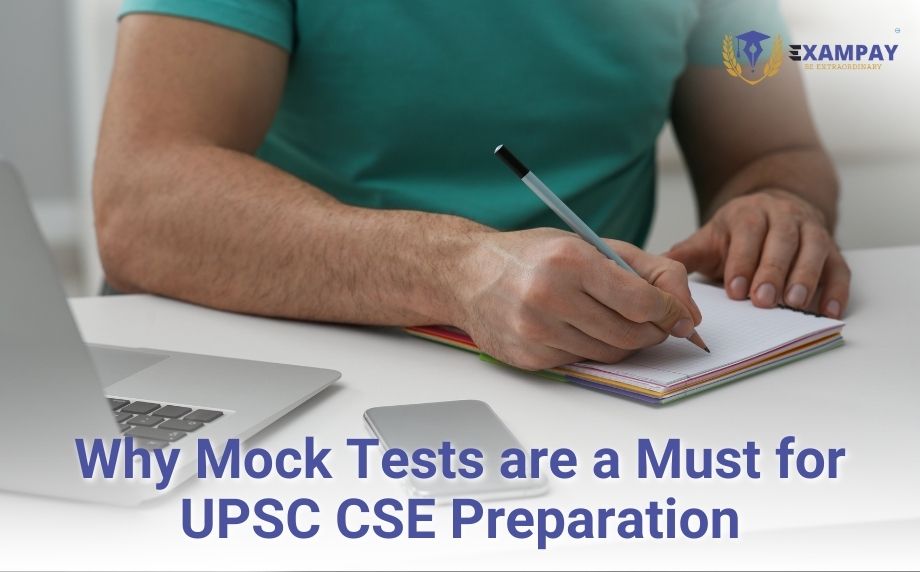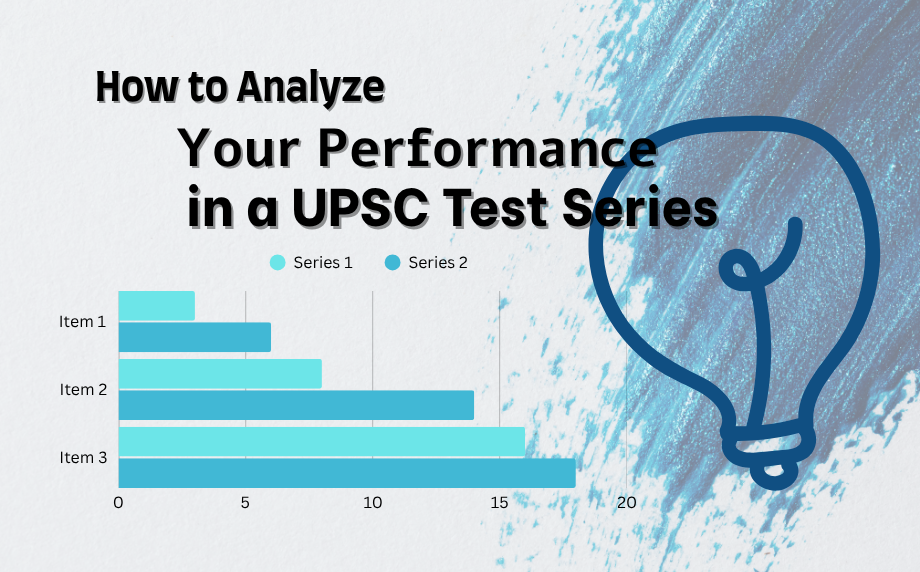Group exercises, an interview, and a main examination make up the three stages of the SBI PO examination procedure. Phase I of the selection process, the preliminary examination, is ready to go. As the exam date draws near, candidates should make sure their preparation is free of mistakes. These are the top 10 common mistakes to stay away from when preparing for the SBI PO Mock Tests, especially in the last month.
Importance of SBI PO Mock Tests
The Mock Test plays a very important role when you are preparing for the State Bank of India Probationary Officer (SBI PO) exam.
Makes you familiar with exam pattern: The purpose of SBI PO mock exams is to replicate the actual exam pattern. Candidates can familiarize themselves with the format, structure, and kinds of questions that will be included in the actual exam by taking these mock tests regularly.
Time management skills: Because the SBI PO test is time-bound, effective time management is crucial to success. In mock tests, applicants can improve their time management abilities by answering a range of questions in the allotted time.
Allows candidates to identify their weak areas: Candidates can evaluate their strengths and weaknesses throughout a range of sections and subjects by taking mock exams. By concentrating on areas that need work, this self-evaluation makes it possible to create a study plan that is more focused and efficient.
Adaptability to Exam Environment: By taking the SBI PO test series, you may experience the pressure and time limits of an actual exam. Candidates benefit from this experience by becoming more accustomed to the pressure of the actual exam, which improves their performance and confidence on test day.
10 Mistakes to Avoid in SBI PO Mock Tests
1. Lack of Planning and Strategy:
A common mistake made by candidates is to take mock tests without having a proper plan or approach. Without a plan, applicants run the danger of not covering important topics and their preparation becomes random. Setting specific objectives, making a study schedule, and formulating an exam strategy based on the SBI PO pattern and curriculum are essential. A well-planned strategy guarantees effective use of time and money, optimising the benefits of practising for mock exams.
2. Ignoring Exam Pattern and Syllabus:
One of the most frequent mistakes candidates make while preparing for an exam is to only look over the test pattern after starting their study. One of the worst mistakes you can make when preparing for an exam is to have little or no information about the test pattern.
Aspirants’ task is made simpler when they comprehend the exam format. One of the requirements to pass that specific test is to have a comprehensive understanding of the exam format. Being informed of the test structure includes knowing the number of sections, the time given for the exam, the marking scheme, and the question pattern.
3. Not focusing on speed and time management:
Time management is critical in the SBI PO test. During mock exams, candidates frequently overlook the critical component of time management, which leads to disappointing results. Mock exams are a great way to get practice answering questions in the allotted time. Applicants should concentrate on increasing their speed and honing their time management techniques so they may successfully handle the exam’s time constraints.
4. Skipping Mock Tests:
Students also make the mistake of forgetting that the SBI PO exam, like other significant competitive exams, is a time game. To finish the questions on time, you must be able to respond to questions quickly enough. Each delay is equivalent to a nail in the coffin. This is where SBI PO Mock Tests come into play.
Therefore, to reduce the likelihood of getting removed from the shortlist of applicants, you should take as many mock tests as you can.
5. Not Reviewing Mock Test Performance:
It’s not enough to just finish a mock test; you also need to carefully analyse the performance. If this stage is skipped, applicants lose out on important possibilities for learning. Examining every practice exam, candidates may learn from their errors, spot patterns, and comprehend the right answers. To improve the strategy for the actual examination and learn from mistakes, a thorough review is necessary.
6. Taking too many tests without revision:
Quantity should not take precedence over quality when it comes to mock tests. Taking an excessive number of tests without dedicating time to revise and reinforce concepts is a common mistake. A balanced approach involves a judicious mix of mock tests and revision to ensure a deep understanding of the topics and a solid grasp of fundamentals.
7. Choosing the wrong test series:
A significant mistake is choosing a test series that isn’t in line with the SBI PO exam format or level of difficulty. A mismatched test series might cause applicants’ preparation to be incorrect, making them unprepared for the exam itself. Pick a trustworthy and credible test series that closely resembles the genuine exam for realistic and efficient preparation.
8. Not Utilizing Feedback and Analysis Tools:
A lot of mock exams provide facilities for analysis and feedback intended to give insights into performance. Making no use of these resources is a wasted chance to get better. To prepare strategically and with intention, candidates should actively use tools for analysis and feedback to identify their areas of strength and weakness.
9. Getting demotivated by low scores:
While receiving a low score on a mock test might be discouraging, it is wrong to let this demotivate you. Low results on mock exams can be seen as stepping stones to success because they are designed to show areas for growth. Instead of dwelling on the negatives, candidates should use low scores as motivation to identify weaknesses, rectify mistakes, and enhance their performance.
10. Not maintaining notes on mistakes:
A chance for targeted development is lost when errors made during mock exams are not recorded. Candidates can keep track of frequently made errors, comprehend the underlying ideas, and make necessary revisions by keeping a thorough error record. By taking preventative measures, errors are avoided and preparation becomes more efficient and well-thought-out.
Conclusion:
Mock exams must be approached methodically and meticulously to succeed in the SBI PO exam. By avoiding these ten typical blunders, mock test practice may be made much more successful and result in a more certain and prepared performance on test day.
Mock exams should be seen by candidates as essential parts of a thorough and focused study plan, rather than merely as instruments for evaluation. Those who have a positive outlook, adjust techniques, and learn from their failures will confidently and competently tackle the obstacles of the SBI PO test.







